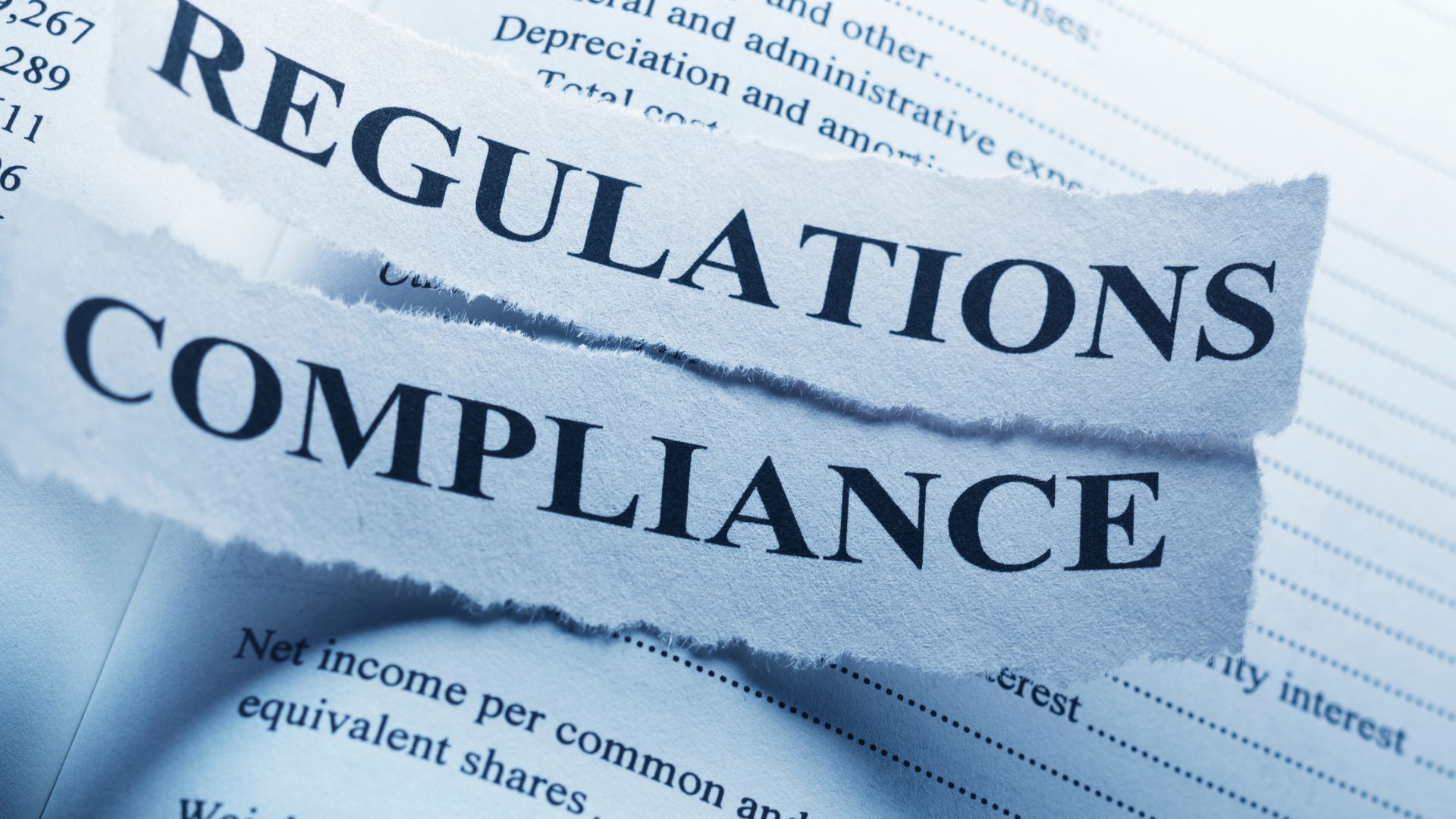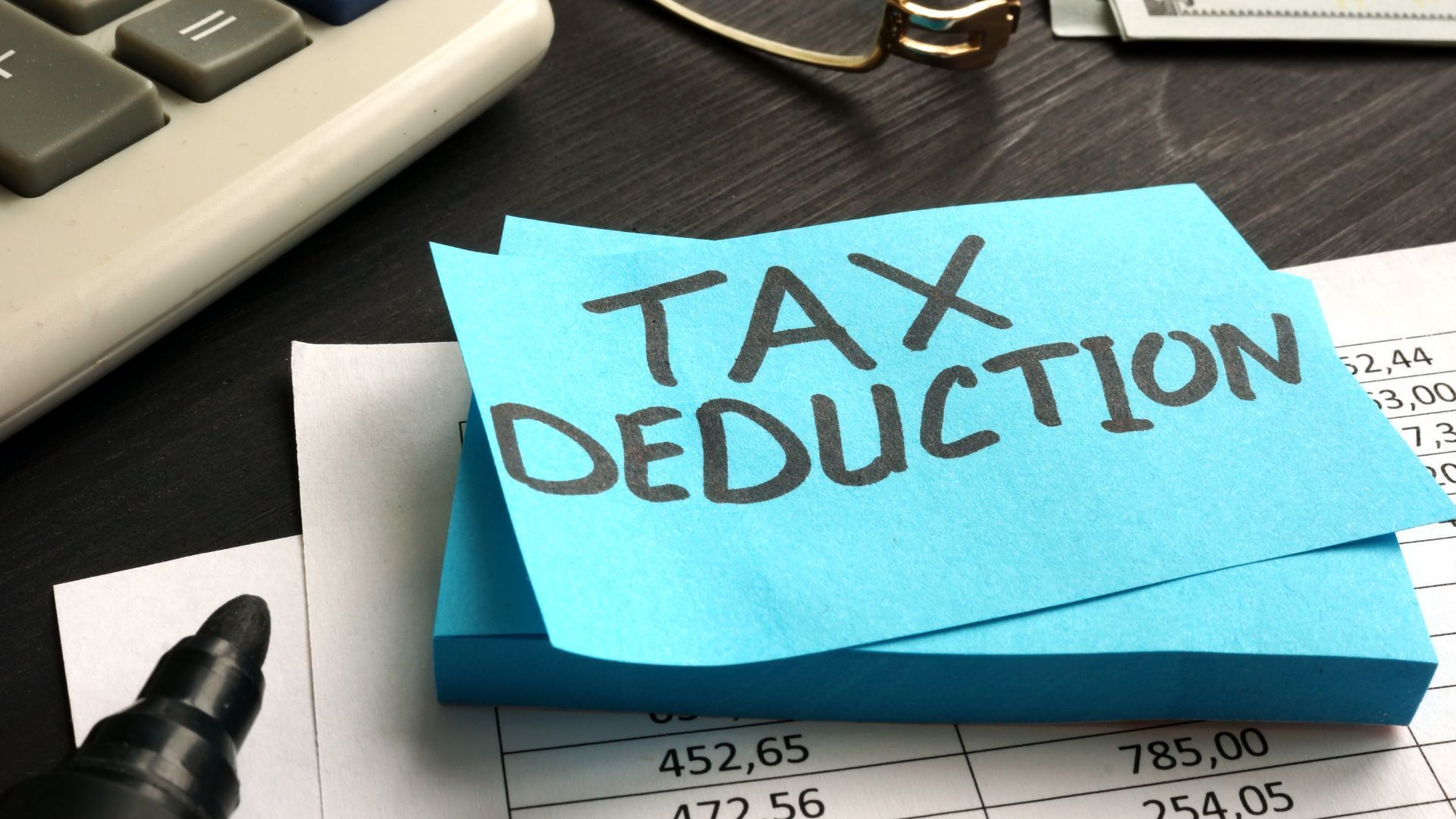Expense Tracking Tools
Expense Tracking Tools for Limited Companies
If you know anything about limited company profits and tax, you’ll know that you can claim a range of tax deductible expenses. But, in order to do so, you need to keep on top of what you’re spending and why. Managing business expenses effectively is a key part of running a successful limited company. Without proper tracking, your costs could spiral out of control, affecting profitability and financial stability.
At Go Limited, we know that expense tracking tools simplify this entire process, which is why we recommend them to many limited company contractors. With expense tracking tools helping you out, you can ensure that your business maintains financial stability and compliance.
You have 45 days to return items for a full refund, with or without a receipt. Items must still have their original tags.
You have 45 days to return items for a full refund, with or without a receipt. Items must still have their original tags.
You have 45 days to return items for a full refund, with or without a receipt. Items must still have their original tags.

Why Limited Company Allowable Expense Tracking is Important
When you set up a limited company for contracting, you have the benefit of being able to claim tax deductible expenses for your limited company. This reduces your taxable profit, reducing your tax bill and maximising the amount of money that stays in the business (and in your pocket!). But, in order to claim limited company allowable expenses, you need to track everything. This is an important part of limited company financial management and tax compliance, and it keeps everything organised.
As a limited company contractor, you need to be tracking your expenses, and here’s why:
- Financial Control - Keeping an eye on your allowable expenses helps you to manage your cash flow and avoid spending too much. By understanding where your money is being spent, you’ll find it a lot easier to make informed, accurate financial decisions, allocate your budget and ensure that essential outgoings are prioritised.
- Tax Deductions - As a limited company contractor, you can reduce your tax bill by claiming allowable expenses. Accurately tracking your expenses ensures that you claim the legitimate tax deductions you’re entitled to, reducing your tax liability, and you don’t accidentally claim for something you’re not allowed to. Many business expenses - such as travel, office costs, professional fees, equipment and software - are tax deductible, and having detailed records means that you won’t be missing out.
- Regulatory Compliance - When you set up a limited company, you are commiting to maintaining accurate financial records and complying with HMRC regulations. If you don’t, you run the risk of being faced with fines, audits and legal repercussions. By keeping a well organised record of all of your expenses, you’ll ensure that your limited company meets HMRC compliance requirements and avoids penalties.
- Better Budgeting and Financial Forecasting - Tracking tax deductible expenses for a limited company gives you a valuable insight into your spending patterns, allowing you to create more accurate budgets and financial forecasts. It’s a lot easier to determine what you can afford to spend and where, when you know what you have to work with. This helps you to make better decisions and identify cost-saving opportunities, leading to greater financial sustainability in the long run.

Common Allowable Expenses for Limited Companies
Of course, to effectively track your limited company expenses, you need to know what expenses you can claim for. There are a whole host of allowable limited company expenses, including:
- Operational Expenses - Rent, bills, office supplies and equipment are all allowable expenses for a limited company.
- Marketing and Advertising - As a limited company contractor, you need to advertise and market your services. Online ads, print media, website hosting and branding materials are all tax deductible expenses for a limited company.
- Software and Subscriptions - Accounting software, project management tools and cloud storage services are all claimable limited company expenses.
- Professional Fees - A lot of limited company contractors have professional fees to pay, such as accountant fees, legal consultations and business insurance. These are limited company allowable expenses.
- Travel and Entertainment - Business trips, client meetings and company events are limited company allowable expenses, as long as everything being claimed is for business purposes.
It’s important to fully understand what you can and can’t claim for as a limited company. You don’t want to miss out on an expense and pay more tax than you need to, but you also don’t want to claim for something that’s not allowed, and risk being fined for doing so.
Tips for Effective Limited Company Expense Tracking
There’s a lot that goes into limited company expense tracking; it’s not simply a case of keeping a vague note detailing what you’ve spent and when. Here are some of our top tips for effective limited company expenses.
- Separate Your Business and Personal Finances - One of the main rules of financial management for limited company contractors is to separate your business transactions from personal ones. It’s a good idea to pen a dedicated business bank account and use a business credit card to streamline expense tracking. This will help you to avoid confusion when the time comes to organise your expenses, as there’s no worry of your personal expenses being mixed up with those of your business.
- Digitise and Store Receipts - When you’re tracking limited company expenses, you need to keep proof of what you’ve spent. This doesn’t mean cramming receipts into the back of a draw, it means digitising and storing receipts, invoices and confirmations. You can use cloud storage or expense tracking tools to scan and store receipts digitally.
- Categorise Your Expenses Properly - Assigning categories to each expense - for example, travel, office supplies and marketing - simplifies expense tracking, and helps you to track everything you’ve spent. It’s a way to easily see where most of your money is being spent, and it brings spending trends to your attention.
- Monitor and Review Your Expenses Regularly - As a limited company contractor, you have a lot to keep on top of, and it’s not uncommon for your spending to get away from you. To avoid overspending, monitor and review your expenses regularly. Get into the habit of reviewing financial statements and expense reports regularly, and make sure that you always know what money is flowing in and out of your business. This allows you to detect any anomalies, mistakes, eliminate unnecessary expenses,and make necessary adjustments before you run into any financial issues.

How Expense Tracking Tools Can Help Limited Company Contractors
A lot of limited company contractors make the mistake of assuming that expense tracking is time-consuming and complex, but there are a lot of expense tracking tools out there that simplify the process. It’s not something that you need to do manually, nor is it something that needs to take up a lot of your time.
- Automation - Many expense tracking tools automatically import transactions from your bank account and credit card, reducing manual data entry and minimising errors. This makes expanse tracking a lot quicker and easier, and makes it less of a burden. With automation handling a lot of the work, you can focus on other aspects of running a business.
- Receipt Scanning and Storage - You can use expense tracking tools to scan receipts using a mobile phone and store them digitally, making it a lot easier to keep proof of each expense. By storing them safely, you know exactly where they are when it comes to filing your tax return.
- Integration with Accounting Software - Most expense tracking tools integrate seamlessly with accounting platforms like QuickBooks and Xero. This reduces the time you have to spend moving data from one tool to another, and ensures data consistency across all of your financial systems.
- Real Time Financial Insights - When you’re tracking all of your expenses, you can monitor your spending as and when it happens. This enables quick decision-making and helps you to adapt to financial changes efficiently. You’ll have real time insights, giving you all the information you need to keep on top of your business’ finances.
There are a range of expense tracking tools available for limited companies, all of which provide a slightly different service. For example, QuickBooks is a popular accounting software that includes comprehensive expense tracking, automated bank feeds and customisable reporting. Similarly, Xero is a cloud-based solution known for its intuitive interface, automated bank reconciliation and mobile receipt capture. You won’t struggle to find a tool that works for you and your business.
It’s Time to Implement Effective Expense Tracking
Expense tracking is an important part of running a limited company as a contractor, especially if you want to maintain financial stability and compliance. By putting effective expense management strategies in place, and leveraging expenses tracking tools, businesses can reduce your administrative workload, improve your financial accuracy and maximise your tax deductions.

FAQs
Why is expense tracking important for limited companies?
Expense tracking helps businesses monitor spending, maintain accurate financial records, and ensure compliance with tax regulations. It also simplifies bookkeeping and helps in making informed financial decisions.
What are expense tracking tools?
Expense tracking tools are software applications that help businesses record, categorise, and manage their expenses. They automate data entry, generate reports, and integrate with accounting software.
How do expense tracking tools benefit limited companies?
These tools help limited companies by:
- Reducing manual data entry and errors
- Improving financial visibility and budgeting
- Simplifying tax preparation and compliance
- Enhancing efficiency with real-time tracking and reporting
What features should I look for in an expense tracking tool?
When choosing an expense tracking tool, consider features like:
- Automatic receipt scanning and categorisation
- Bank and credit card integration
- Multi-user access for team expense tracking
- Custom reporting and tax calculation
- Integration with accounting software like Xero, QuickBooks, or FreeAgent
Are there free expense tracking tools available?
Some tools provide free versions with basic features. However, paid plans typically offer advanced functionalities such as automated reporting, integrations, and cloud storage.
Can expense tracking tools help with tax deductions?
Yes, these tools categorise expenses correctly and generate tax-friendly reports, making it easier to claim deductions and stay compliant with HMRC regulations.
How secure are expense tracking tools?
Reputable expense tracking tools use encryption, secure servers, and multi-factor authentication to protect financial data. Always choose a tool with strong security measures.
Do I need an expense tracking tool if I already have accounting software?
While accounting software includes expense tracking, dedicated tools often provide more detailed tracking, automation, and mobile-friendly features. Many businesses use both for better financial management.
How can I choose the best expense tracking tool for my company?
Consider your business size, budget, integration needs, and ease of use. Research reviews, request demos, and compare features to find the best fit.
Can employees use expense tracking tools for reimbursements?
Yes, many tools allow employees to submit expenses digitally, reducing paperwork and speeding up reimbursement processes.











